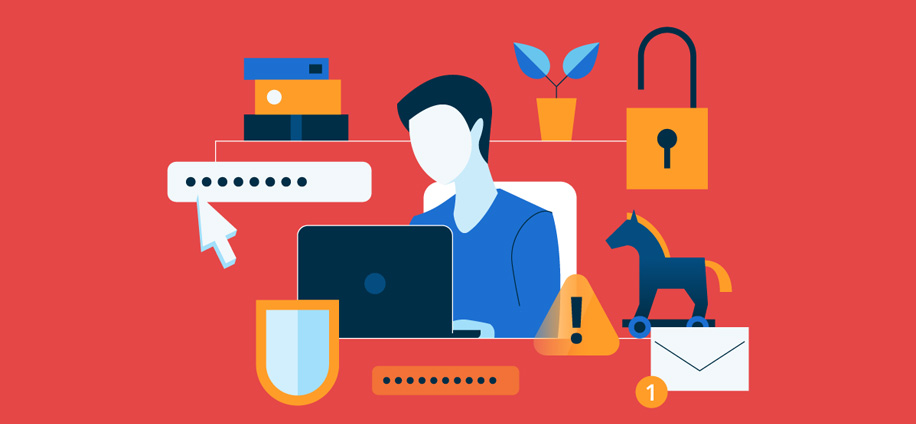
The dark web offers anonymity and privacy, but it also comes with risks. Navigating it safely requires following strict security measures while avoiding common pitfalls. Whether you are exploring for research, privacy, or curiosity, understanding what you should and shouldn’t do can keep you protected.
Exploring the dark web requires caution, privacy-focused tools, and a strong understanding of security risks. Always use Tor, a VPN, and anonymous email, and avoid sharing any personal information. Stay away from illegal activities, suspicious links, and unknown downloads to minimize risks. By following these do’s and don’ts, you can browse the dark web safely while protecting your identity and security.
